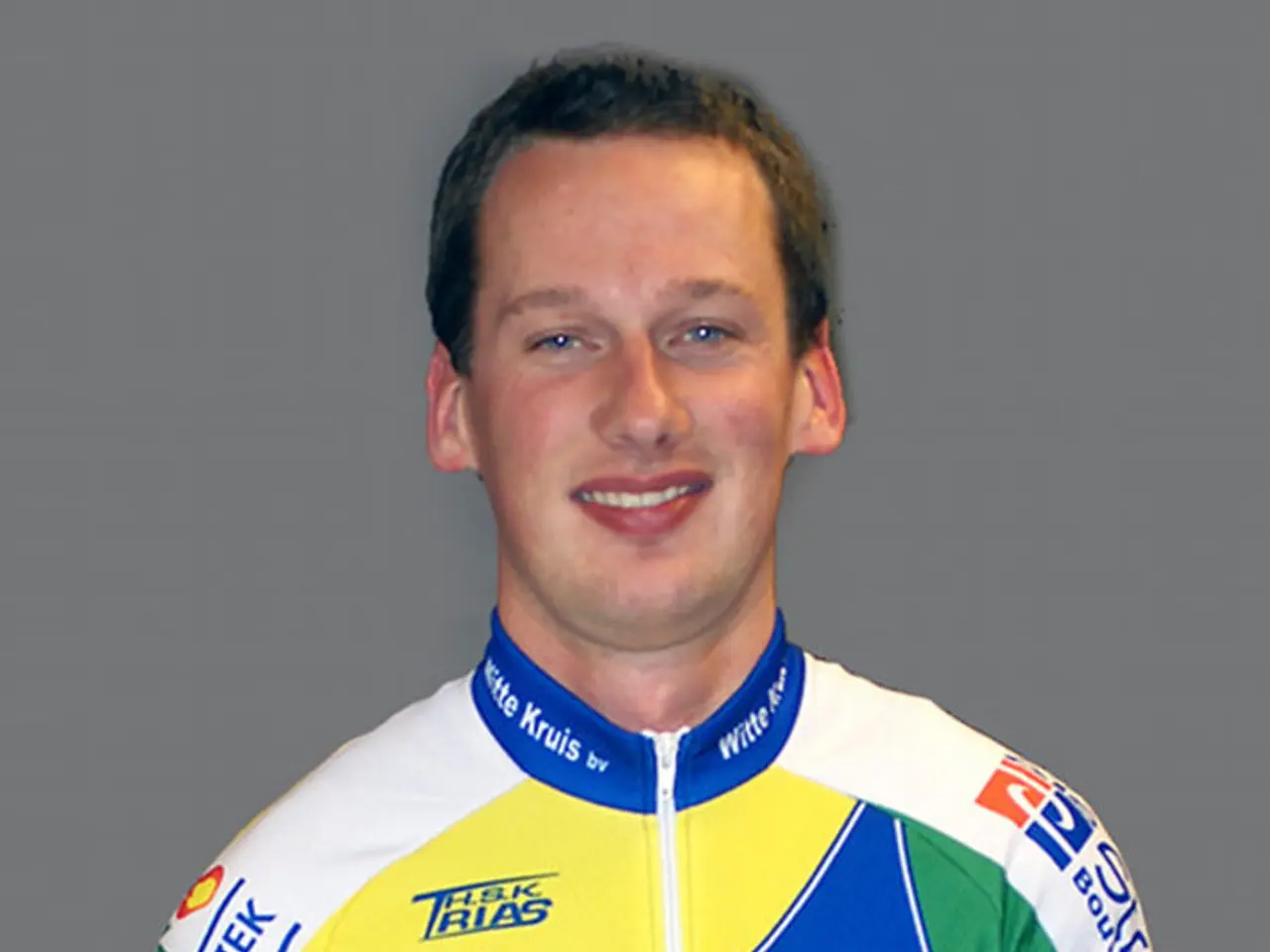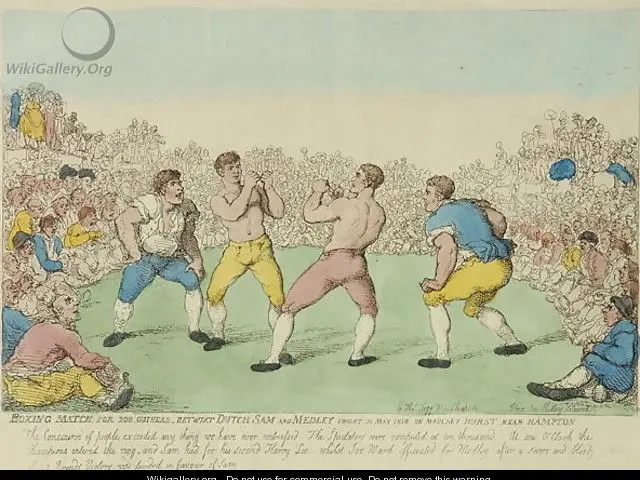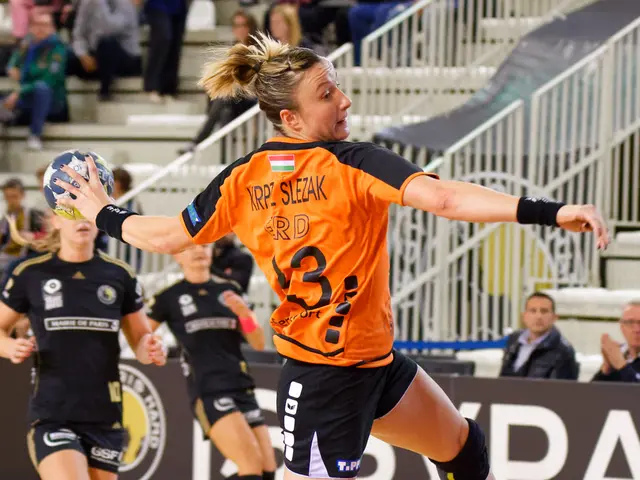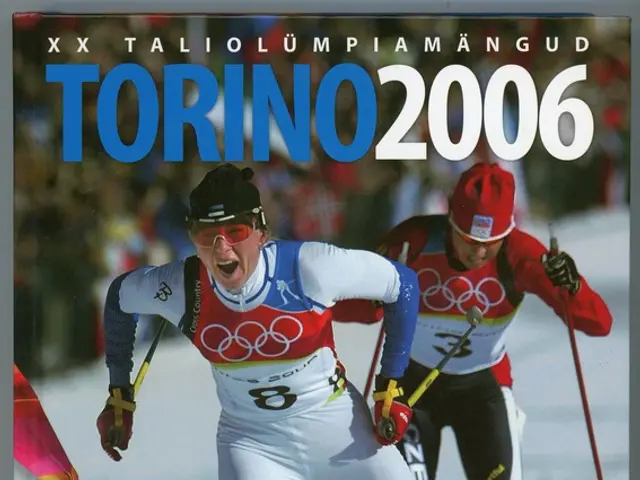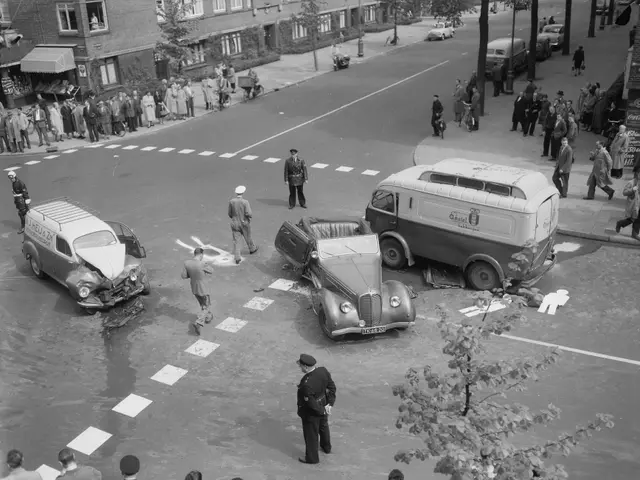Vermont Authorities Pushing for Market Launch by Year's End Within a Competitive Arena
The state of Vermont is set to join the ranks of states that have legalized sports betting, with a goal to have wagering live by the end of this year. The Vermont Department of Liquor and Lottery has created a Request for Proposals (RFP) for operators to win one of up to six wagering platforms.
Thirteen operators, including DraftKings, FanDuel, and PENN Entertainment, have shown interest in submitting bids in neighbouring New Hampshire. However, the operators who will apply for the up to six betting platforms in Vermont have not been publicly disclosed yet.
Vermont lawmakers placed a premium on consumer protections and education programs in the sports betting law. The proposed enhanced procedures for sports betting regulations in Vermont are currently posted on the lottery website, with a public comment period closing on July 14.
The RFP will have two key sections: technology and revenue. The Vermont legislature did not set a firm revenue-share rate, meaning that operators will have to include what they will offer the state in their bids. The minimum revenue share set by the Vermont legislature is 20%, which is on the higher side of tax or revenue shares across the country.
Applicants will be graded on responsible gambling programs, integrity, ethics, compliance history, strength of sports betting program, and more. The higher the revenue share, the more points are available in the RFP.
Vermont's Department of Liquor and Lottery Commissioner Wendy Knight has stated that maximizing revenue is not the top priority, with consumer protections and moving off the illicit market being the main focuses. Vermont has contracted with Gaming Laboratories International and sister company Bulletproof to help move through the regulatory process.
In contrast, Arkansas major operators took a pass due to the state being too small to merit paying a 51% tax, with a population of about 3 million compared to Vermont's 647,000. Four national operators are live in Wyoming, the least populated state in the nation.
In New York, nine mobile sportsbooks operate at a 51% tax rate, but there have been proposals to bring the rate down. The Vermont legislature, in its pursuit of consumer protection, has given the regulator the ability to be agile and respond quickly.
The Vermont Department of Liquor and Lottery Commissioner Knight was heavily engaged in the legislative process. The Vermont's Request for Proposals for sports betting operators is expected to be open by the end of July. As the deadline approaches, the anticipation builds for the operators who will shape Vermont's sports betting landscape.
Read also:
- United States tariffs pose a threat to India, necessitating the recruitment of adept negotiators or strategists, similar to those who had influenced Trump's decisions.
- Weekly happenings in the German Federal Parliament (Bundestag)
- Southwest region's most popular posts, accompanied by an inquiry:
- Discussion between Putin and Trump in Alaska could potentially overshadow Ukraine's concerns
